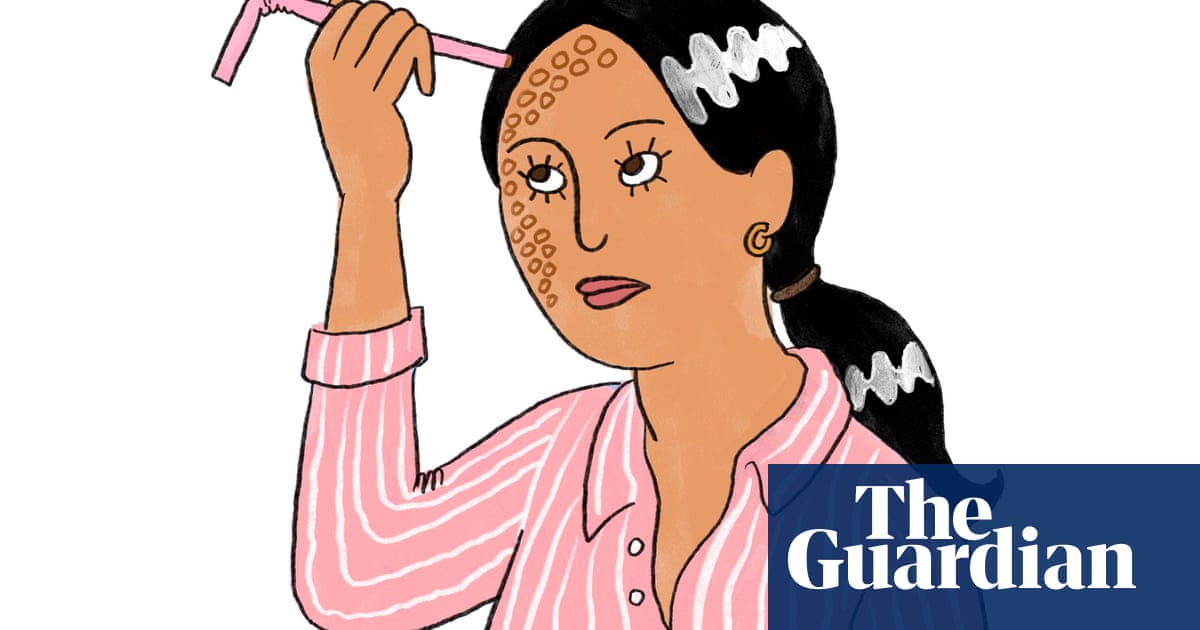
The best book I read this year (and COVID-19 allowed me to read a lot) is astonishing in the simplicity and power of its idea: humans, by their very nature, are and always have been good, kind and unselfish — contrary to what society and contemporary culture pushes us to believe.
This notion that “humans are good,” or at least “decent,” is the core idea of Rutger Bregman’s recently published book, “Humankind: A Hopeful History.”
Bregman is one of Europe’s most prominent young historians. Barely 32 years of age, he was ranked 10th in The Big Issue’s list of the Top 100 Changemakers of 2020. His previous book, “Utopia for Realists,” was published in 2014 (when he was 26) and became a widely hailed bestseller.
I was initially surprised by the thesis he presents in his latest book. It is true that I have always been told that people are born with a “clean” nature that is predisposed toward good. However when I thought about it, and the examples Bregman cites early in his book, I realized that, in fact, we do not trust one another, and that we unconsciously believe other people are egoists and cheaters, and will do anything to benefit themselves at the expense of others.
I was intrigued — but soon enough was convinced that this impression or belief is incorrect.
Bregman mentions Tom Postmes, a professor of social psychology at the University of Groningen in the Netherlands, who conducts the following thought experiment with his students.
Suppose an airplane crashes during landing. Fire and smoke start to fill the cabin. Do you think the passengers will rush to save themselves, trampling others and offering no assistance to anyone? Or will they help each other, at the risk of losing their own lives?
About 97 percent of the students predict that the passengers will think only about saving themselves. It turns out, however, that in almost every such crash, people have assisted one another, sometimes risking their own lives to do so.
There is a widespread and prevailing myth that humans are selfish, aggressive and quick to panic. Bregman refers to the “veneer theory,” which suggests that civilization is just a thin coating covering up an ugly nature in humans, a fragile layer that will quickly crumble whenever we are tested.
It turns out that much of the “evidence” for human selfishness and nastiness is invalid.
Nidhal Guessoum
He proceeds to present some important examples of the prevalence of this notion and how it became an accepted “truth”. He then shows how we now know (from real-life cases as well as recent research) that it is not true. And finally, he explains how replacing this view with the “humans are good” principle can change societies for the better.
This veneer theory is ingrained in us through education: students will cheat if we do not enforce drastic rules; history is a series of crimes, battles and treasons among rulers; etc. Many novels (such as “Lord of the Flies,” which millions of students have to read) depict just such a nasty side to human nature. The theory is then reinforced by daily news reports, especially on TV, in which 99 percent of the stories that we are shown involve crimes and shocking actions.
Furthermore, economic theories often emphasize competition, not cooperation — and certainly not altruism — as a driver of prosperity. Even science sometimes pushes that idea, for example through “survival of the fittest” (even though recent research promotes the idea of “survival of the friendliest”), the “selfish gene,” and other such notions.
It turns out that much of the “evidence” for human selfishness and nastiness is invalid. Indeed, much of the psychology and sociology literature that characterizes humans as callous or, sometimes, downright nasty and vicious can be thrown away.
Bregman revisits famous psychological experiments by Philip Zimbardo (the Stanford prison experiment, which set out to investigate the psychological effects of perceived power) and Stanley Milgram (in which test subjects obeyed orders to inflict pain on others with no hesitation).
He also (politely) dismisses ideas of famous thinkers such as Hannah Arendt (the “banality of evil”), Jared Diamond, Steven Pinker and others. He does note, however, that Arendt did believe that most people, deep down, are decent, and that our need for love and friendship is more human than any inclination toward hate and violence.
For most of our history we humans were not selfish cheaters but, rather, friendly, cooperative and altruistic people. We see that even in early cave paintings, where we find not a single depiction of fighting. Skeletons unearthed at some 400 ancient archaeological sites show little evidence of human warfare.
Why then, and when, did selfishness start to creep into our behavior, or at least our perception of selfishness? Bregman suggests it was when we developed the concept of private property and, in particular, land ownership. That is when we started to want more and to do what we could to get others’ properties.
If we do get convinced that humans are actually decent, trustworthy and altruistic, how will this transform our lives and societies?
Bregman highlights examples of companies that have implemented the principle of trust and goodness. A recent book, titled “L’entreprise qui croit que l’Homme est bon” (the company that believes that humans are good), described how Favi, a French company, succeeded by adopting this approach.
He also points to Norwegian prisons where inmates are treated with trust and become better citizens when they complete their sentences. Likewise with elected officials who treat their constituents as engaged and trustworthy citizens who can be a part of the management of their communities.
In short, we need to believe that people are good — both ourselves and others — and that the world should be built on that principle. What an idea.
Nidhal Guessoum is a professor at the American University of Sharjah. Twitter: @NidhalGuessoum.
Disclaimer: Views expressed by writers in this section are their own and do not necessarily reflect Arab News" point-of-view












